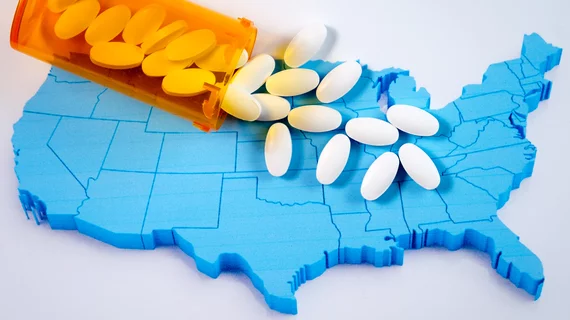Medicare could be saving a lot of cash by switching to generic constituents for some drugs—maybe as much as a billion dollars.
A recent study estimated spending in 2016 on 29 brand-name combination products would have been $925 million more than spending for generic counterparts. The eye-popping difference revealed that generic substation and therapeutic interchange can achieve substantial savings.
The study results were revealed at a time when scrutiny over rising drug prices continues to rise. The Trump administration has outlined its blueprint to lower overall drug prices, while some drug manufacturers have caved to pressures by policymakers and officials to temporarily halt price hikes. However, long-term impacts of using more generics in Medicare drug plans has little research surrounding it.
The study, published in JAMA, took a retrospective look at Medicare Part D expenditures from 2011 through 2016, noting that while brand-name combination drugs are known to be more expensive, the potential savings of using generic drugs was unknown. The study evaluated 1,500 medications and researchers separated 29 brand-name combination medications into three categories to establish costs and equivalent generic estimates.
The estimated savings of $925 million included $235 million if generic products had been prescribed in the same doses, $219 million using generic substitution at different doses, and $471 million from substitution of similar generic medications in the same therapeutic class.
CMS is not allowed to negotiate drug prices on behalf of individuals in Part D plans.
“Because brand-name drugs make up the vast majority of U.S. drug spending, using equally safe and effective lower-cost generic drugs represents an important opportunity to reduce unnecessary expenditures,” the study reads.
Combination drugs, which can reduce a patient’s pill burden, can come with an even higher cost, especially if they are name brand. Medicare’s savings on combination drugs would be “substantial” if they were switched to generic alternatives. However, drug manufacturers tend to see combination drugs as an opportunity for market exclusivity, the study argued, as many drug companies will come out with combination medicines just prior to a new generic of a single active ingredient drug hitting the shelves.
A similar study from 2004 found that the difference between spending on generic and brand-name drugs was lower for combination products, suggesting prices of these medicines have increased considerably in recent years, according to researchers.

